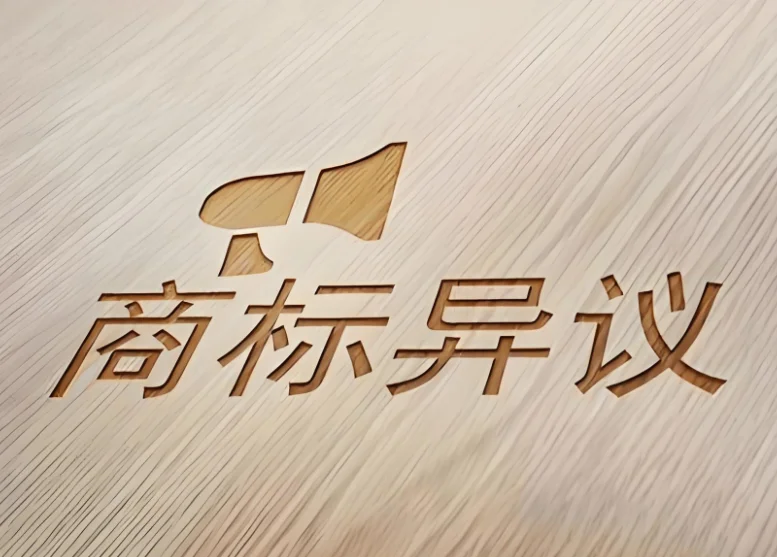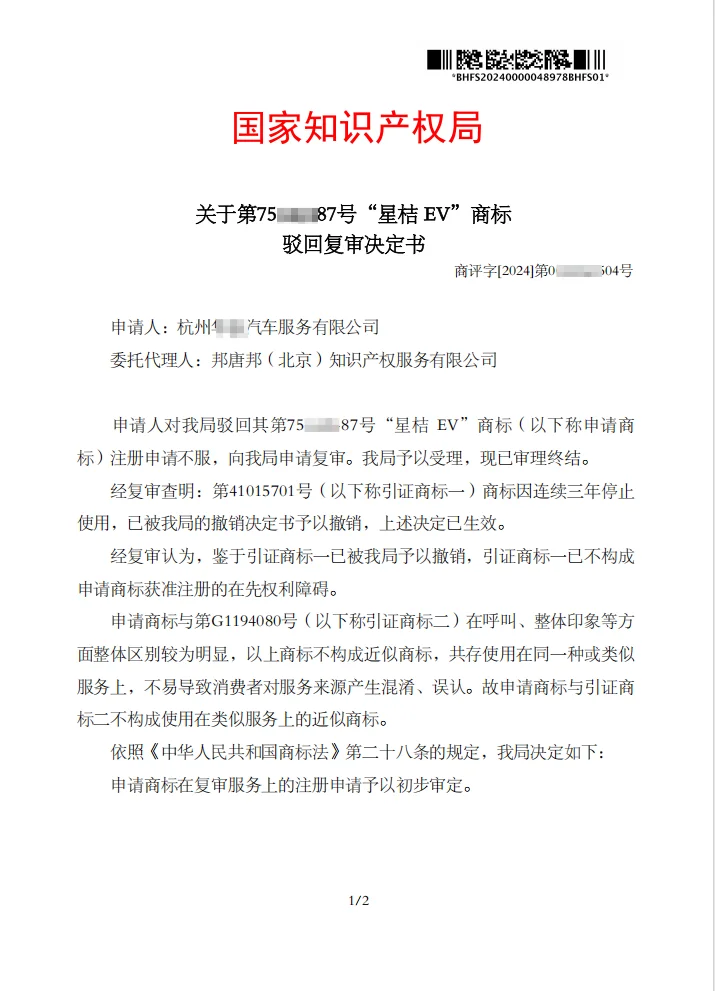According to foreign media reports, a federal jury in Marshall, Texas, USA, ruled that Samsung must pay 445.5 million U.S. dollars (equivalent to approximately 638.1 billion won and 3.179 billion yuan at the current exchange rate) to patent owner Collision Communications for infringing patents related to 4G, 5G, and Wi-Fi communication standards.
The jury specifically pointed out that Samsung’s laptops, Galaxy smartphones, and other devices with wireless functionality all infringe on four key patents owned by Collision. This ruling is one of several nine-figure patent infringement judgments Samsung has faced in the same Marshall court in recent years.
Samsung is a “regular” in the defendant’s seat in multiple U.S. district courts.
On September 27, 2025, a jury at the U.S. District Court for the Eastern District of Texas ruled that Samsung’s smart TVs infringed on two patents owned by Anonymous Media Research Holdings, ordering Samsung to pay 78.5 million U.S. dollars in compensation.
In April 2025, the U.S. Federal Court for the State of California ruled on a patent infringement lawsuit filed by chipmaker Netlist against Samsung, declaring that Netlist had won again and allowing Netlist to revoke its patent license to Samsung. This ruling laid the groundwork for Netlist to continue pursuing its 421 million U.S. dollar claim.
In June 2020, Neonode Smartphone LLC filed a patent infringement lawsuit against Samsung in the U.S. Federal Court for the Western District of Texas, accusing multiple Samsung smartphone models of infringing its patents in the “slide-to-unlock” function. After years of litigation, the two parties reached a settlement on September 2, 2025.
In these infringement lawsuits, Samsung Electronics also claimed that the opposing party’s patents were invalid, but the courts did not accept these claims. This result precisely shows that as long as an enterprise masters core patent technologies and builds a patent “barrier” through comprehensive patent layout, even small companies can challenge tech “giants”!
In recent years, the number of patent enforcement cases at home and abroad has been on the rise. Behind this phenomenon lies not only the fact that market entities are paying increasing attention to and investing in the protection of their own intellectual property rights, but also the highlighted importance of building patent barriers for enterprise development amid fierce market competition.
Against this backdrop, if any market entity inadvertently crosses the boundary of others’ patent protection during its business activities, it may not only trigger patent infringement disputes but also face economic pressure from huge infringement compensation, and may even suffer a certain impact on its normal business operations.
Therefore, we remind all market entities to earnestly enhance their awareness of intellectual property rights, uphold the business philosophy of honesty and integrity, and avoid falling into the “infringement minefield” due to their own negligence. If they inadvertently become involved in infringement disputes, they must not panic. They can first conduct a risk assessment; if infringement is confirmed and a settlement cannot be reached on acceptable terms, they may try to request a declaration of invalidity of the opposing party’s patents to clear the obstacles.
上一篇:Employee B……
下一篇:Exclusive ……


